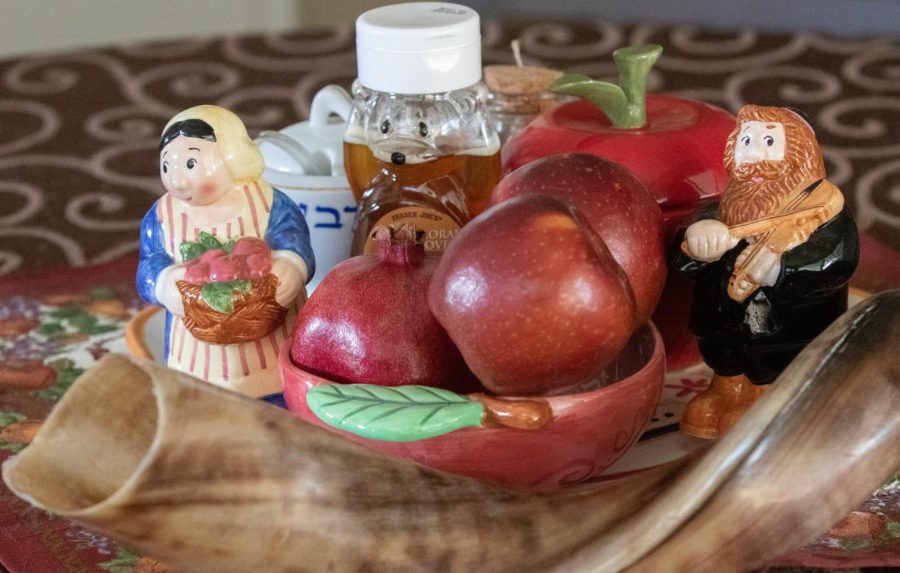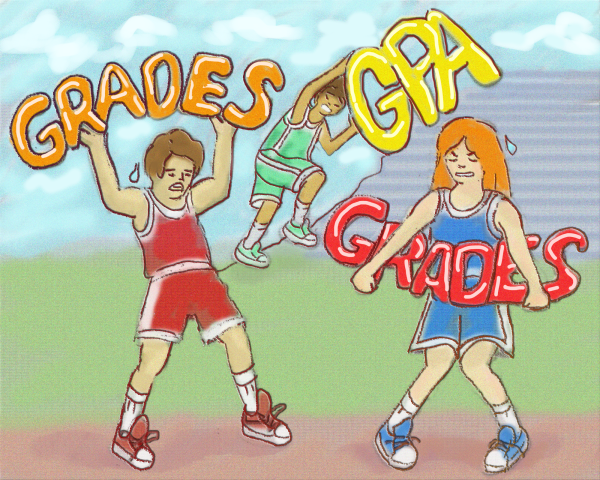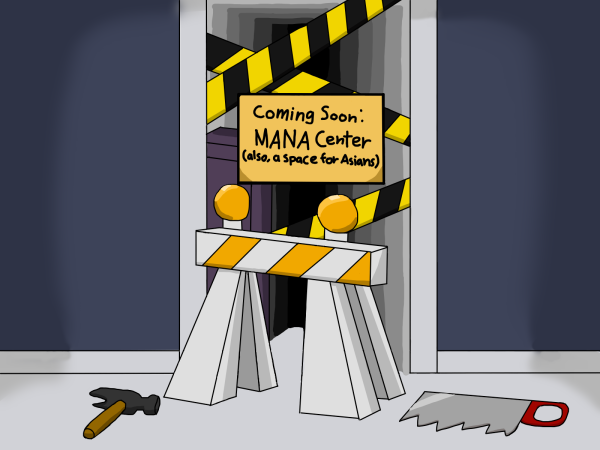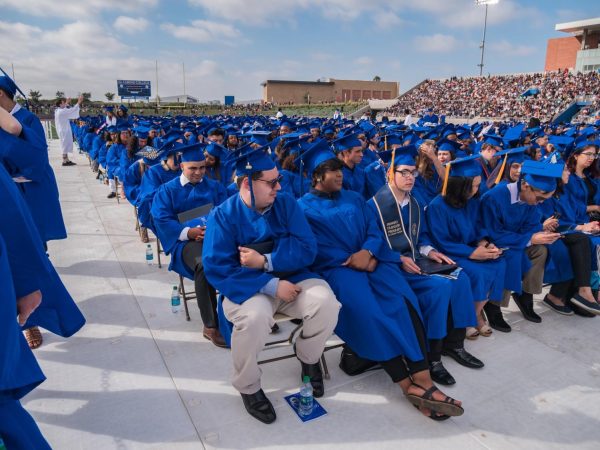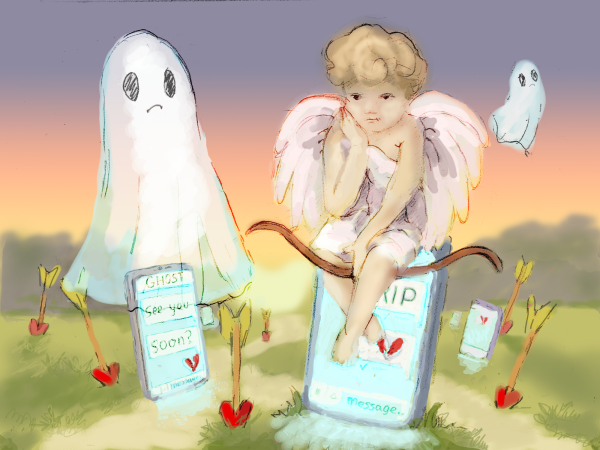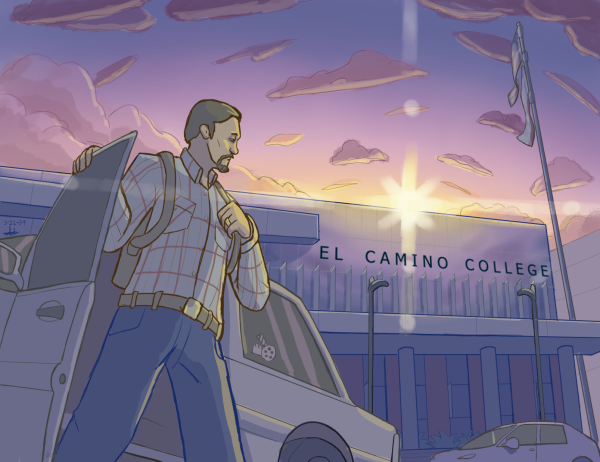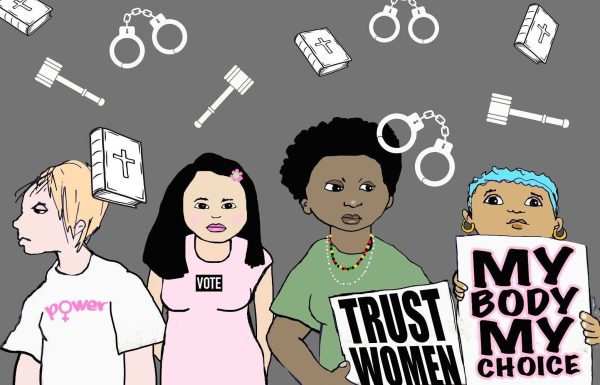Choosing between faith and education
For many students, the fall season means the start of school, catching up with old friends, football games, and pumpkin spice everything.
But for me, it’s the most sacred time of year.
Rosh Hashanah and Yom Kippur are the two most important and observed holidays in the Jewish faith.
Rosh Hashanah means more than just the Jewish New Year but a celebration of the world’s creation.
The following ten days symbolize reaching out to those we have wronged in search of their forgiveness leading up to Yom Kippur, the Day of Atonement, which is observed by fasting and reconciliation with God in reflection of the past year’s sins.
As a Jewish college student, observing these crucial holidays means I will miss two days of school during the first month of the semester.
Is there a project due that day? Will I miss an important test or exam? How do I approach my teachers? Will I be accommodated?
I have asked myself these questions countless times and have to explain my reasoning for my absences from class constantly.
As a young child, I never understood why I was never given these days off.
The Torah teaches us that “work” is prohibited during the High Holidays, which includes writing and using technology. These are not simply “days off,” which we can use to complete homework or study for a test, but intend for us to connect ourselves closer to our religion.
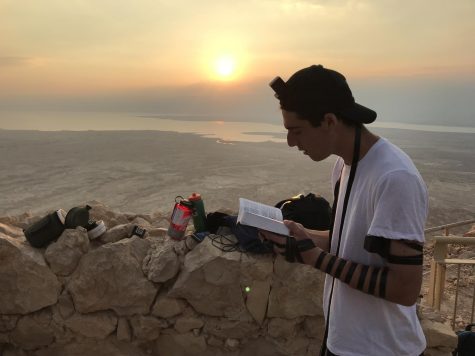
I felt compelled to choose between my faith and being present at school.
I resented listening to the announcements of students that would be receiving awards for perfect attendance.
I rushed to email all my teachers about my absences, turned in schoolwork earlier than the deadlines, and rescheduled tests to take on later dates.
Sometimes, I was left to fend for myself, texting classmates for notes on the day’s lesson. While on other occasions, I was met with kindhearted instructors who made accommodations.
When I was a senior in high school, Rosh Hashanah fell on the second day of school, posing a significant challenge for both parents and students as we all struggled to acclimate to the new school year.
Missing two days out of the first month of school interrupts one of the most fundamental times of the academic year: getting back into the rhythm.
Experts say that the opening days of the school year are the most critical to student success.
“The first days of the school year are a time when students establish their initial rapport with teachers or professors and learn about their educators’ expectations for the coming year or class,” according to the Anti-Defamation League, an anti-hate organization focusing on issues of antisemitism and bias.
In an era where the Jewish High Holidays are featured on every calendar, the expectation would be that school districts and administrators would strive to accommodate their religious students better.
Through the years, Jewish community leaders have asked local school district officials to grant student holidays so that students and faculty may observe the day without feeling the pressure of missing class.
In 2010, the Redondo Beach Unified School District became the first school district in the South Bay to add Jewish holidays to their yearly calendar as “local holidays,” which grants students and faculty time off.
Redondo Unified was followed by Palos Verdes, Torrance, and Manhattan Beach school districts, which now grant one or both student holidays.
More school districts, including college districts, must follow their lead.
By granting district-wide holidays for the two most important days of the Jewish calendar, local school officials can ensure that their campuses are inclusive places where students, regardless of their religion, race, ethnicity and creed, are given the best possible opportunities to succeed in the classroom and beyond.
So as I enter the Jewish year of 5783, I hope that change lies before me and for the many other religious college students who share my struggle.
Editor’s Note: Tags were added on Oct. 6, 2022, at 11:05 a.m.


